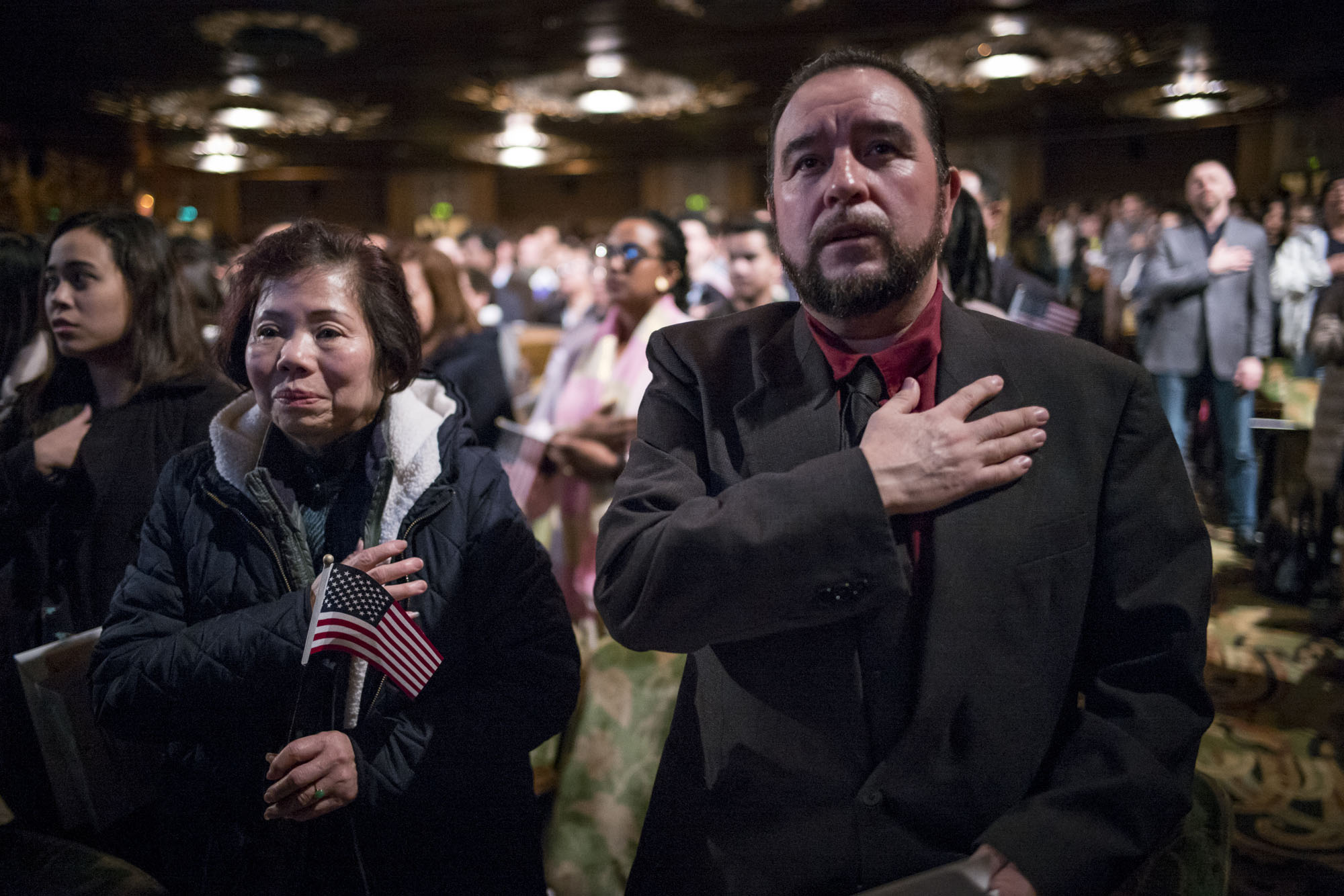Mercer, the global human resources consulting firm, last week released its 21st annual Quality of Living list, which ranks cities around the world based on economic conditions, housing, health care, public services, safety, natural environment and other metrics. For the 10th year in a row, Vienna came out on top, with Zurich, Vancouver, Munich, Auckland, Dusseldorf, Frankfurt, Copenhagen, Geneva and Basel rounding out the top 10. The top U.S. city on the list was San Francisco, all the way down in 34th place. London, the top British city, was at 41st — tied with Milan, the top Italian city. Paris was 39th, New York 44th, Tokyo 49th, Beijing 120th, Baghdad 231st and last.
When I posted some of these results on Twitter, it occasioned lots of fun discussion and debate from people appalled that Ottawa ranked so high (19th) or Seoul so low (77th) or that so many of the cities near the top of the list are so ... boring. I also got a bunch of responses, starting with one from Hoover Institution economist (and super-podcaster) Russell Roberts, that effectively asked, "If the quality of living is so low in U.S. cities, why do so many people from around the world keep trying to move here?"
It's a good question! Part of the explanation is simply that Mercer's Quality of Living rankings exist to help corporate clients make decisions ranging from "where to establish offices to determining how to distribute, house and remunerate their global workforces," as Ilya Bonic, president of the firm's careers business, put it in the news release that accompanied this year's ranking. That is, the list measures where skilled managers and professionals with families, good salaries and ample benefits packages who are assigned or recruited to a new city by a multinational firm might find the transition easiest and most pleasant. Most immigrants to the United States (or to anywhere) aren't in that boat!

















With your current subscription plan you can comment on stories. However, before writing your first comment, please create a display name in the Profile section of your subscriber account page.